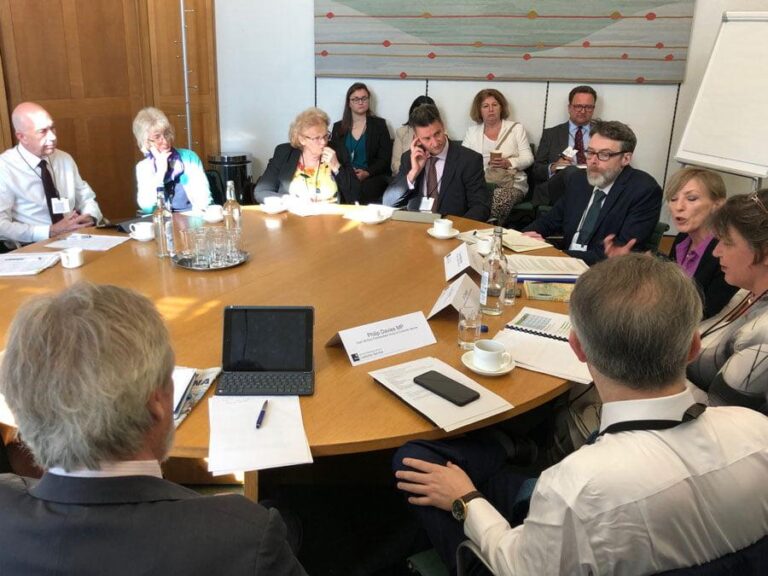APPG Publishes Update on the Impact of Poverty Following £20 Increase
The All-Party Parliamentary Group (APPG) has recently published an update that focuses on the profound impacts of a £20 increase in welfare benefits on poverty levels across the UK. This report sheds light on critical findings in the ongoing battle against poverty.
Understanding the Context of the £20 Increase
In the wake of rising living costs, the UK government implemented a £20 weekly increase in Universal Credit and Working Tax Credit. This decision was aimed at alleviating financial strains on families facing economic uncertainty. However, the long-term sustainability and adequacy of benefits continue to be a point of contention among policymakers.
The Key Findings of the Report
The APPG’s update highlights significant evidence that the £20 increase has positively impacted many households. Many respondents reported improvements in their financial stability and well-being since the increase was put in place. These findings are crucial as they demonstrate the immediate benefits of targeted financial support.
Critical Analysis of the Impact
Despite the positive feedback, the APPG cautions that the £20 increase is not a panacea for all poverty-related issues. There remain considerable gaps in support for those who are most vulnerable. The update calls for a comprehensive review of welfare policies to ensure that all individuals and families can thrive.
Future Recommendations and Next Steps
The APPG is advocating for further assessments and initiatives to build on the £20 increase’s momentum. It urges policymakers to consider sustainable solutions that will provide long-term relief to households. Continued dialogue and research will be essential in shaping the future of welfare support.
Access the Full Report
To gain deeper insights into the findings and recommendations outlined by the APPG, you can access the full report here. This comprehensive document is a valuable resource for understanding the current landscape of poverty and welfare in the UK. Engagement with this information is critical for anyone concerned about social welfare and economic policy.

